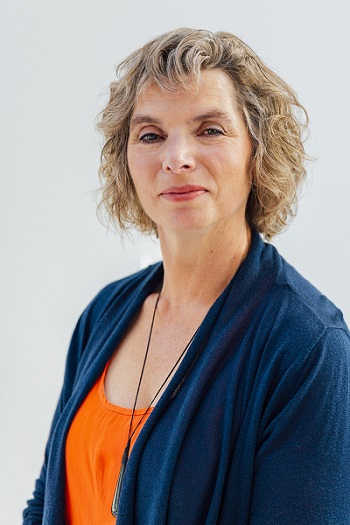 The Government’s announcement today increasing availability of the COVID-19 antiviral medication, Paxlovid, is both positive and concerning for the country’s largest membership body of GPs.
The Government’s announcement today increasing availability of the COVID-19 antiviral medication, Paxlovid, is both positive and concerning for the country’s largest membership body of GPs.
The Royal New Zealand College of General Practitioners welcomes PHARMAC’s widening of the criteria for access but has been in several conversations about changing the gazetting of the medication and raised concerns around patient safety and meeting quality standards, which they don’t feel have yet been properly addressed.
College President Dr Samantha Murton says, “We are raising these concerns because patient safety is paramount. For many patients, their complex range of medications and health issues require a comprehensive clinical assessment before any medication is prescribed. We have reservations that best practice can’t be followed in this scenario and could affect people especially those on other medications or with complex medical needs.
The key issues around de-restricting Paxlovid are:
- This is a complex clinical decision when prescribing for some patients.
- There is currently no secure and efficient way to notify the usual prescriber that a patient has been given Paxlovid, which means there’s no safeguard to address contraindications.
- The proposed approach allows any health practitioner with prescribing rights to prescribe a medication that has potentially serious side effects. This is very different to how other de-restricted medications are normally prescribed.
- Adjusting other medications that interact with Paxlovid is a clinical decision and time needs to be taken to discuss this. Also, many patients on multiple medications may struggle to adjust to these changes.
“Until these issues are solved, the College does not agree with de-restriction, and it would not be in the interests of patient and community safety to go ahead with this. We will continue to work with Tu Whatu Ora on these issues” says Dr Murton.